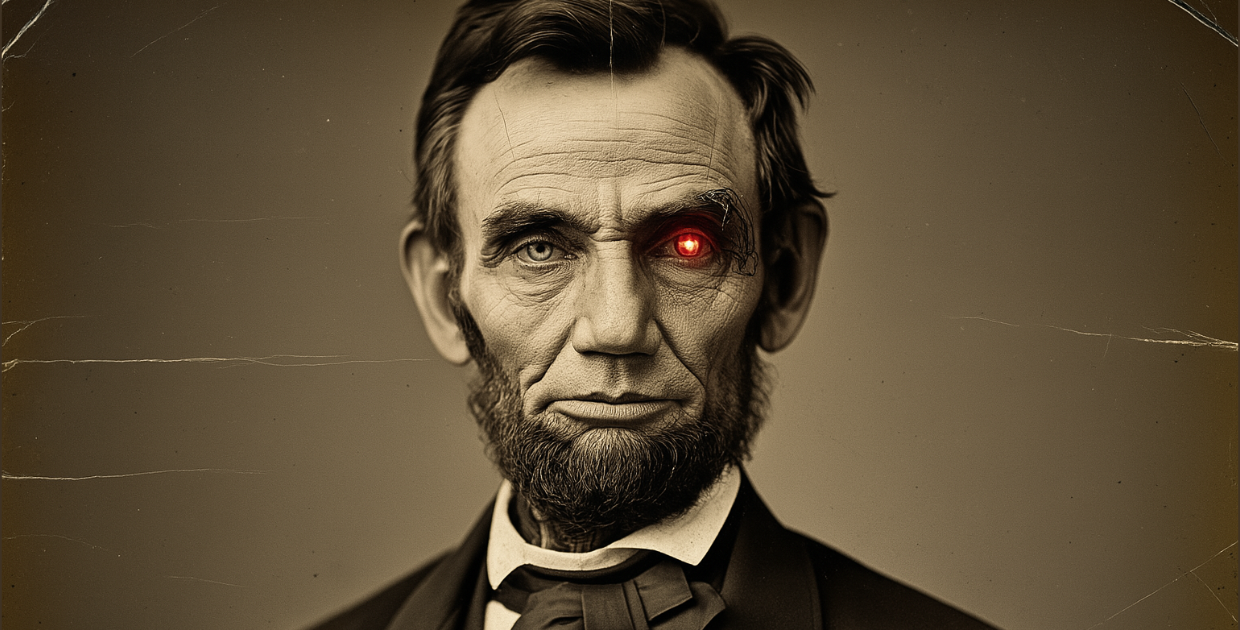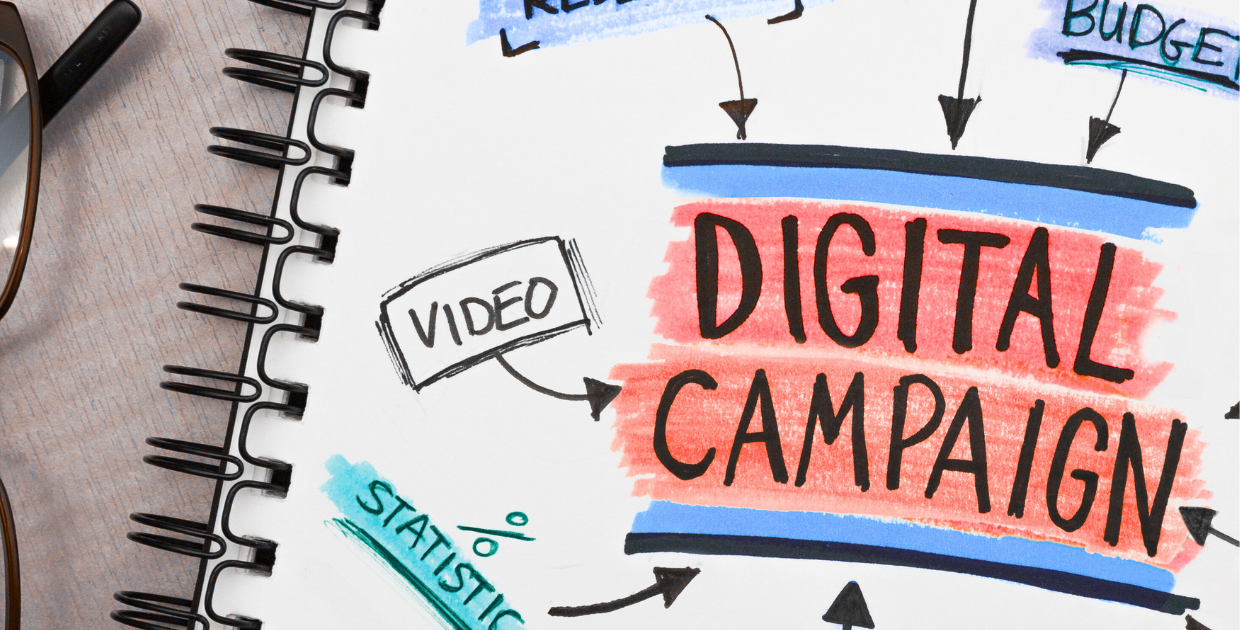Our guest today is Kurt Luidhardt, co-founder of the Prosper Group, one of the leading digital strategy firms for Republicans. Kurt and his team have worked for candidates across the country, including Georgia Governor Brian Kemp, Texas Senator Ted Cruz, and many more.
In today's episode, we're talking about the future of digital strategy, online fundraising, and what recent shifts in tactics mean for a new path forward for creating content to engage supporters.
Takeaways
- The traditional tactics of online fundraising in politics are no longer as effective, and a new approach is needed.
- Adopting the creator economy playbook, which focuses on creating valuable content, can help engage supporters and drive online fundraising.
- Podcasting is a valuable content channel for political candidates, allowing for longer, more in-depth conversations and the ability to reach a targeted audience.
- Creating evergreen content is important in campaigns, as it allows for long-term engagement and reaches voters who may not be paying attention until later in the election cycle.





